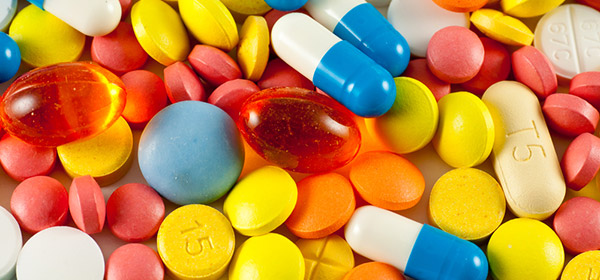Health Minister Sussan Ley is expected to introduce legislative changes to the Pharmaceutical Benefits Scheme (PBS) today that will see customers pay up to 50 per cent less for many common medicines and result in budget savings of $3 billion over five years.
These savings will be made by encouraging consumers to purchase the less expensive generic brands out of patent and less expensive similar drugs. In an agreement reached with the Pharmacy Guild, pharmacists will now have the option to discount the patient contribution for PBS drugs by $1 per script which is expected to increase competition.
If passed, the legislation would see these changes take effect from October 2016. The price for a packet of the popular cholesterol-lowering drug Rosuvastatin will be reduceed from $29.74 to $18.25, while a packet of the heart disease drug Clopidogrel could cost just $10.38, down from $14.01.
“Throughout the Government’s negotiations with the entire pharmaceutical supply chain we have had consumers at the core of our negotiations and I think this shines through in the sensible measures we’re delivering,” said Ms Ley.
Read more from www.theage.com.au
Opinion: A step in the right direction?
On the surface, a saving of $3 billion over five years to the budget and an overall decrease in price for common medicines on the PBS is a win-win situation, but there is always someone who suffers.
One of the directives of this legislation that will contribute significantly to the savings is for pharmacists and doctors to push generic and biosimilar products.
The ethical dilemma for me lies in the fact that the original patent holder may have invested a significant amount of money in research and development to create a drug that may have saved many lives. Research and development is what the pharmaceutical industry is all about. If the companies which are leading the way aren’t rewarded for innovation, then they may be discouraged from future investment in life-saving research.
Do you buy generic or biosimilar medicines? Is buying generic or biosimilar medicines fair on the company that patented the branded product? Or, do you think that the multinational pharmaceutical companies have had it too good for far too long?

